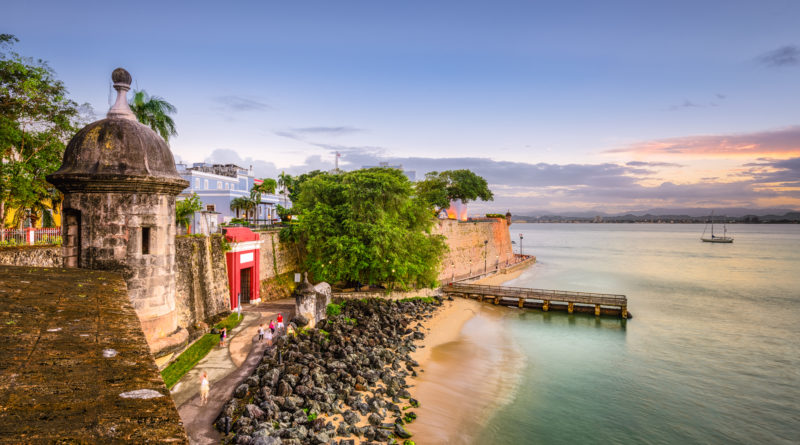Puerto Ricans Are Demanding Their Governor Resign
5,608 total views, 1 views today
For nearly two weeks, huge numbers of Puerto Ricans have been protesting to demand that governor Ricardo Rosselló step down. The protests began when The Center for Investigative Journalism released over 900 pages taken from a group chat that included Rosselló. In messages that Rosselló sent to this group, he took vehement stances against journalists and opposition politicians, whom he threatened to jail. He also made misogynist and homophobic comments, respectively, about the politician Melissa Mark-Viverito and the pop star Ricky Martin, both of whom are Puerto Rican.
Not all protests have been peaceful. On July 16th, police used tear gas on a group of protestors calling on Rosselló to resign. Following this clash, Rosselló publicly announced that he would not resign. In the same announcement, Rosselló defended the anti-protestor actions that police had taken earlier in the day and claimed that protestors had used tear gas and set fires in protests that occurred the night prior.
Rosselló’s statement has yet to deter protestors. On July 22nd, hundreds of thousands of protestors took to the streets of Puerto Rico, shutting down a major highway and launching a worker’s strike throughout the commonwealth. Those familiar with Puerto Rican history say that the number of civilians involved in the ongoing protests is unparalleled.
Others familiar with Puerto Rican history are surprised that such protests haven’t arrived sooner. Protestors have complained not just about Rosselló’s disagreeable messages, but about the widespread corruption of the commonwealth’s government. Some protestors even blame Rosselló, at least in part, for the massive casualty toll of Hurricane Maria.
Despite Rosselló’s refusal to resign, the Puerto Rican governor has promised not to seek reelection in 2020. Protestors are nevertheless continuing to disrupt everyday Puerto Rican life in hopes of Rosselló resigning, and their protests have closed malls and caused cruise lines to avoid planned stops in Puerto Rico. Such economic disruption is among the most commonly successful political upheaval tactics.
The ongoing Puerto Rican protests arrive in the wake of a major corruption scandal. Earlier in July, the Federal Bureau of Investigation (FBI) arrested two former leading Puerto Rican government officials and accused them of funneling tens of millions of government dollars to preferred contractors. According to the FBI, these contractors were clearly unqualified for the work given to them and only given preferential treatment thanks to extensive lobbying and a broken bidding process.
The Puerto Rican corruption scandal has amplified calls for Rosselló to step down both within and outside Puerto Rico. U.S. politicians ranging from President Donald J. Trump to New York Mayor Bill de Blasio have lambasted Rosselló, although only the latter explicitly called for the governor’s resignation. Puerto Rican pop culture figures such as rapper Bad Bunny and Rosselló target Ricky Martin have used their international platforms to demand that Rosselló resign. Calls for Rosselló’s resignation may only grow louder – and greater in volume, if not impact – in the weeks to come.

